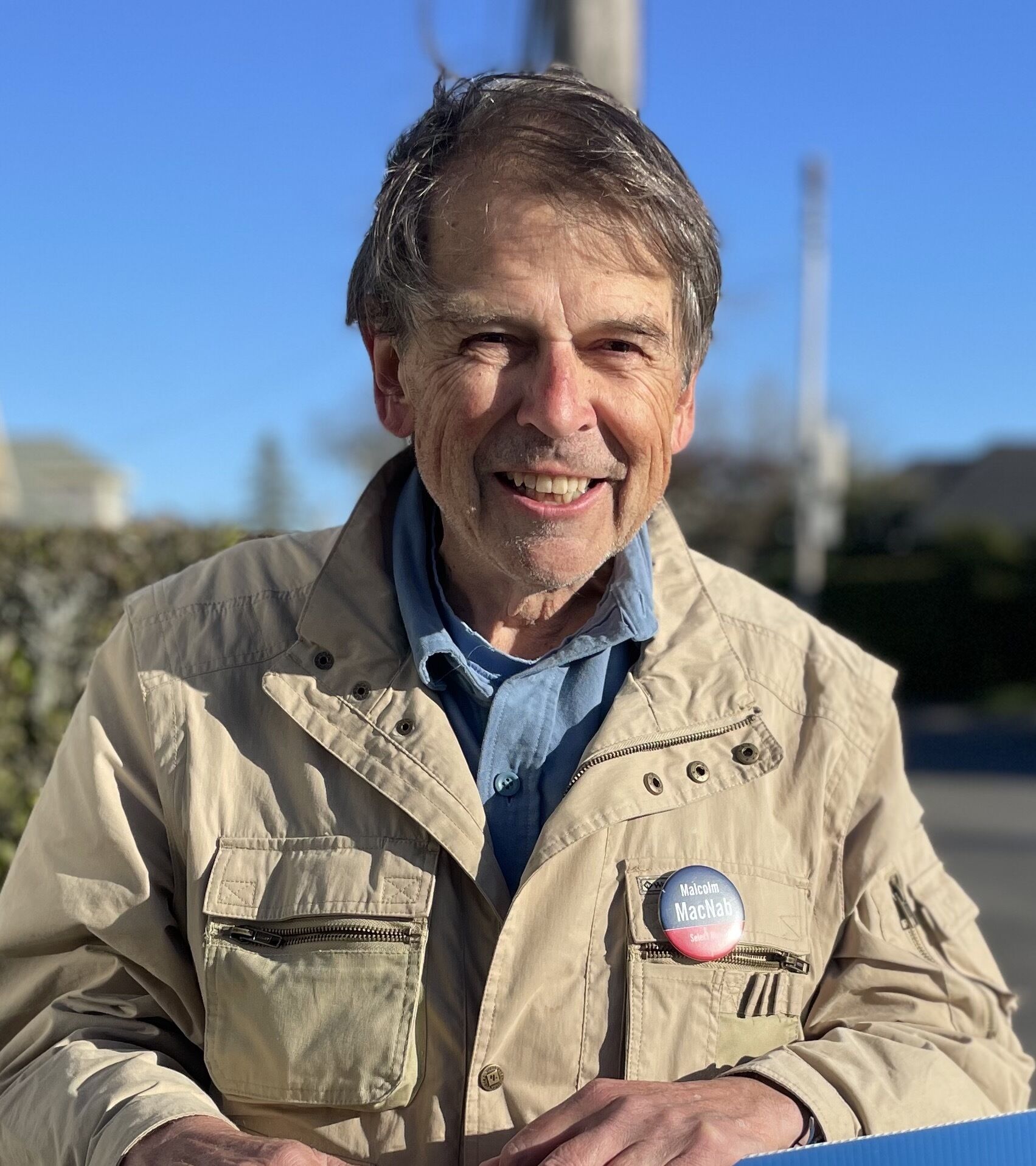Inside The Select Board's Split 3-2 Vote To Drop The Town's Lawsuit Against Surfside Crossing
Jason Graziadei •

The decision to drop the town’s lawsuit against Surfside Crossing and reach a new agreement with the project developers was made in a closed-door executive session last Thursday morning. But it was far from unanimous.
The vote to formally rescind the town’s opposition to Surfside Crossing and back away from the appeal was in fact split 3-2, according to the Select Board members who dissented: Matt Fee and Malcolm MacNab.
Why did they vote against it?

“I felt there was not enough specificity and I felt we were negotiating against ourselves,” Fee said. “There was no specificity of who would do what and when. I wanted to consult with the ZBA and our partners. I was hoping we would do those things first.
“What changed and what was the big hurry?” Fee asked rhetorically. So we asked him - what had changed since the town filed the original appeal last fall?
“I don’t want to get into specifics - there is attorney/client privilege I still have to be wary of - so don’t ask me that question,” Fee said. “I’ve spoken to Jamie (Feeley) and have no doubt he’ll do a nice product there and a nice job, but I also think if we had consulted with the ZBA and our partners and come up with a strategy, I might have been on board. For some reason, we were changing and moving quickly and no one could convince me why we needed to do that. If we had gone to the ZBA and they said ‘we give up, we don’t want to pursue this anymore’ and gone to the Land Council and Tipping Point and they said it didn't’ make sense, that would have been great. The process could have been cleaner.”
For MacNab, who is running for re-election to a full three-year term on the board in next month’s town election, he acknowledged that his vote appeared to go against one of his and the board’s top priorities: creating new affordable housing opportunities. But there was more to it than that, he said.

“I voted against the potential idea that it may provide additional housing and yes it seems to be against one of our highest priorities, but if we must have an over-dense development in the wrong place with potential environmental impacts with minimal, if any, compensation, then we must maintain a strong position,” MacNab said. “I’m not sure dropping a lawsuit maintains the position. If the developers truly want to help the island, they should have continued discussions without us dropping the lawsuit.”
MacNab emphasized the point opponents from The Nantucket Tipping Point and the Nantucket Land Council had made in reacting to the accord: while there are principles that have been agreed to, there is nothing specifically committed to in writing by the developers.
“There’s nothing in writing,” MacNab said. “It’s a good faith agreement, if you can call it an agreement, with an organization that has had some issues in the past.”
What issues would those be?
“I'm not going to get into that,” MaNab said. “We don’t have anything solid, and there’s no reason we couldn’t have had something solid.”
But the majority of the Select Board was ready to turn the page, acknowledging that the project was - in all likelihood - going to happen despite the ongoing lawsuits. The developers indicated that they were planning to move ahead at their own risk with litigation still pending, and the town wanted a seat at the table.
“It’s a matter of let’s stop fighting about it and move forward in a positive way,” Select Board member Dawn Hill Holdgate said. “This is getting built no matter what. We had a much bigger opportunity earlier to play a bigger role in designing the project. But we got in a situation where there was too much controversy and head-buttting going on. We see how big the housing problem has gotten and we want the opportunity to work with them on what they’ve expressed, to see how this can serve the year-round community and the town should play a role in this.”
Fee said that he hopes his fellow board members who voted in the majority are right, and that he is wrong about his reservations regarding the project. Still, he said, they remain.
“My hope is that my concerns are proven wrong,” Fee said. “I’m not always right. My concerns about getting a higher percentage of affordability and islanders in there, I hope I'm proven wrong.”